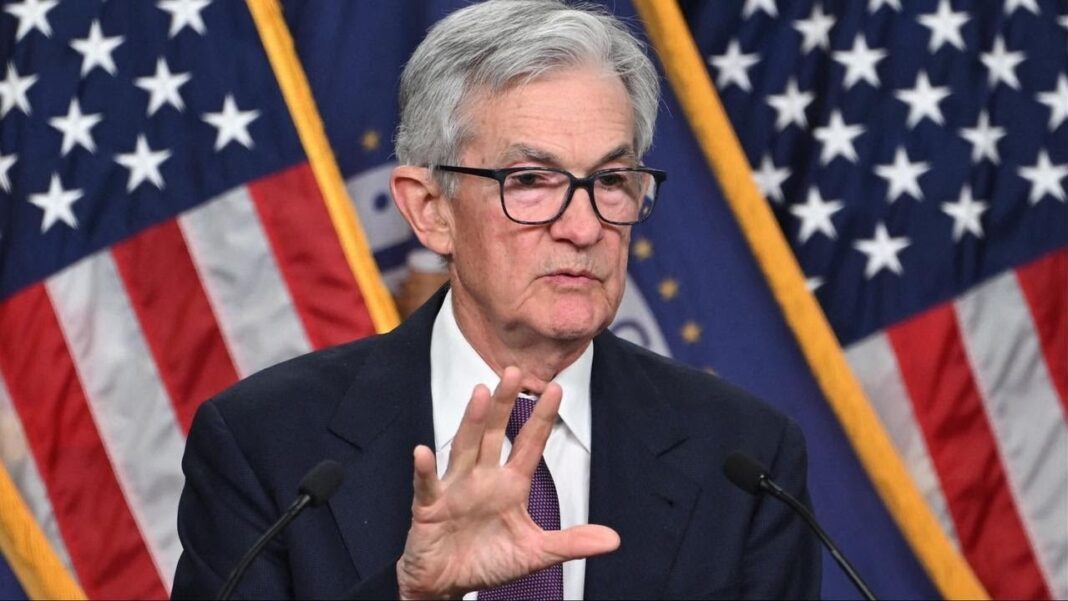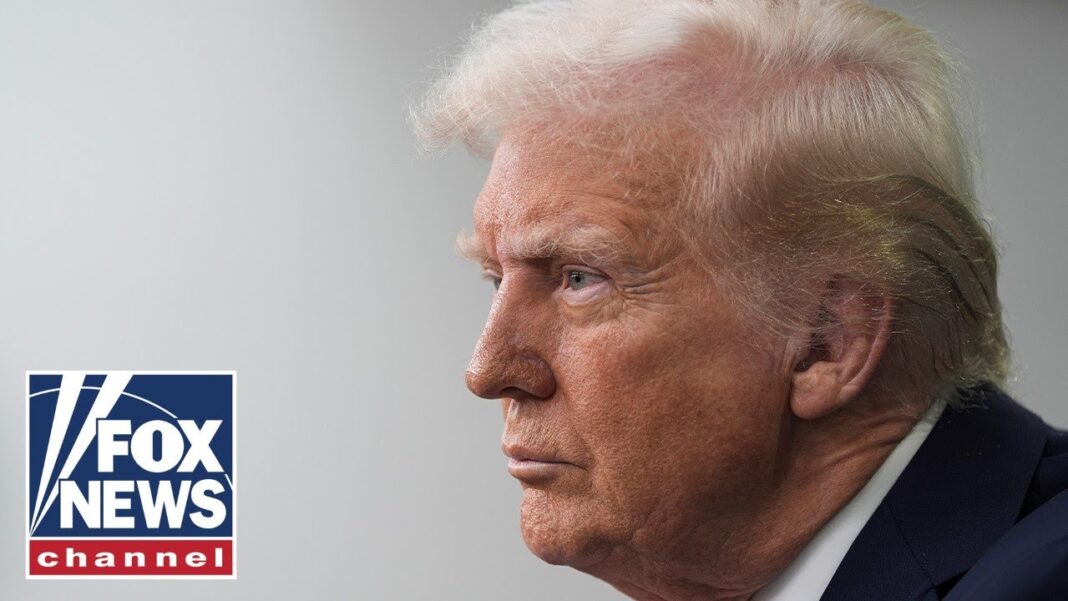
Tariffs, inflation, and recession were the central themes of the March policy meeting.
The Federal Reserve concluded its two-day policy meeting on March 19, leaving interest rates unchanged for the second straight time.
For investors, the decision to keep the policy rate unchanged between 4.25 percent and 4.5 percent was widely expected.
Financial markets instead focused on the U.S. central bank’s economic and policy projections and what Fed Chair Jerome Powell said at the post-meeting press conference.
“Overall, the meeting offered some insight into how the Fed is thinking about the current state of the economy but offered little change in terms of how they are going to address it,” said Charlie Ripley, the senior investment strategist for Allianz Investment Management, in a note emailed to The Epoch Times.
Here are the key takeaways from the March policy meeting.
Summary of Economic Projections
The Summary of Economic Projections is a quarterly survey completed by Federal Reserve Board members and Fed bank presidents. It highlights where officials think the economy and monetary policy will be at the end of the year.
In the updated summary, central bank officials left their interest rate forecasts intact. Authorities still believe the Fed will follow through on two rate cuts this year, trimming the benchmark federal funds rate to a median of 3.9 percent. Additionally, they are predicting another two cuts in 2026 and 2027, with the longer-run median policy rate falling to 3.1 percent.
Powell reiterated that the central bank is comfortable leaving interest rates higher for longer if the U.S. economy continues to perform well.
“If the economy remains strong, and inflation does not continue to move sustainably toward 2 percent, we can maintain policy restraint for longer,” Powell said on March 19.
“If the labor market were to weaken unexpectedly, or inflation were to fall more quickly than anticipated, we can ease policy accordingly.”
But while the Fed signaled that the rate-cutting campaign could be restarted this year, the institution thinks inflation will be higher than initially estimated.
The Fed’s preferred personal consumption expenditure (PCE) price index was revised to 2.7 percent from 2.5 percent. Core PCE, which strips volatile energy and food prices, was also changed to 2.8 percent from 2.5 percent.
“You’ll see that there’s no further progress on core inflation this year. We’re kind of flatlining, going sideways,” Powell told reporters. “We don’t ask people to write down how much of this is from tariffs and how much of it is not, but some of it is from tariffs. We know that tariffs are coming in.”
Economic growth expectations were downgraded. The change in real GDP growth was adjusted lower to 1.7 percent from the December projection of 2.1 percent. The 2026 and 2027 expansions were revised lower to 1.8 percent from 2 percent and 1.9 percent, respectively.
Forecasts surrounding the unemployment rate were little changed.
By Andrew Moran








